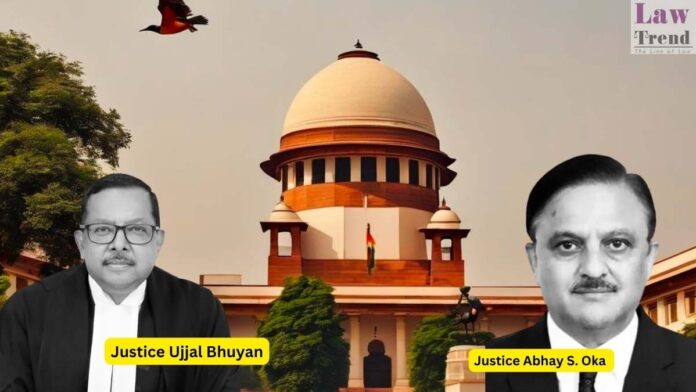The Supreme Court has ruled that the Juvenile Justice Board (JJB) lacks the statutory authority to review its own earlier decisions or adopt a contradictory stance in subsequent proceedings. The judgment came in Rajni v. State of Uttar Pradesh & Anr., where the complainant challenged the High Court’s affirmation of a juvenile status declaration and
To Read More Please Subscribe to VIP Membership for Unlimited Access to All the Articles, Download Available Copies of Judgments/Order, Acess to Central/State Bare Acts, Advertisement Free Content, Access to More than 4000 Legal Drafts( Readymade Editable Formats of Suits, Petitions, Writs, Legal Notices, Divorce Petitions, 138 Notices, Bail Applications etc.) in Hindi and English.




